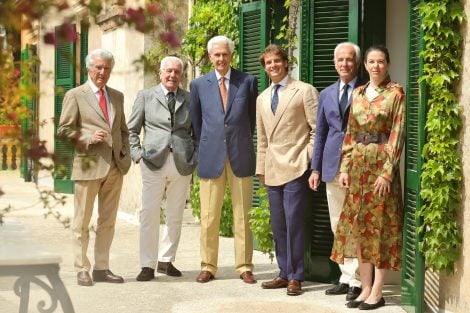Disbelief and concern over the potential for “major damage to the regional economy.” These were the prevailing sentiments guiding Alessandro Nicodemi, president of the Abruzzo Wines Consortium, as he read the letter from US President Donald Trump concerning the introduction of additional tariffs on European imports, effective from the 1st of August. “We had by now been convinced that the tariffs would be, at most, 15%—certainly not double that. A 30% tariff, more than a protectionist policy, seems like an outright embargo.”
Risks for Montepulciano in the popular price range
The greatest risks concern the region’s flagship DOC: “Montepulciano d’Abruzzo,” he explains, “is one of the leading denominations in the popular sector, meaning wines that sit on shelves at a price range of around $15–$20 per bottle. Such a high tax would represent an unjustified cost increase and would effectively knock the entire denomination out of the market.”
For Abruzzo wines, the United States represents the top market in a regional export sector worth €268 million overall (Istat 2024 data), as the Consortium reminds us. “The volume of business is too vast,” Nicodemi observes, “and it would be impossible to replace it with any other type of market.”
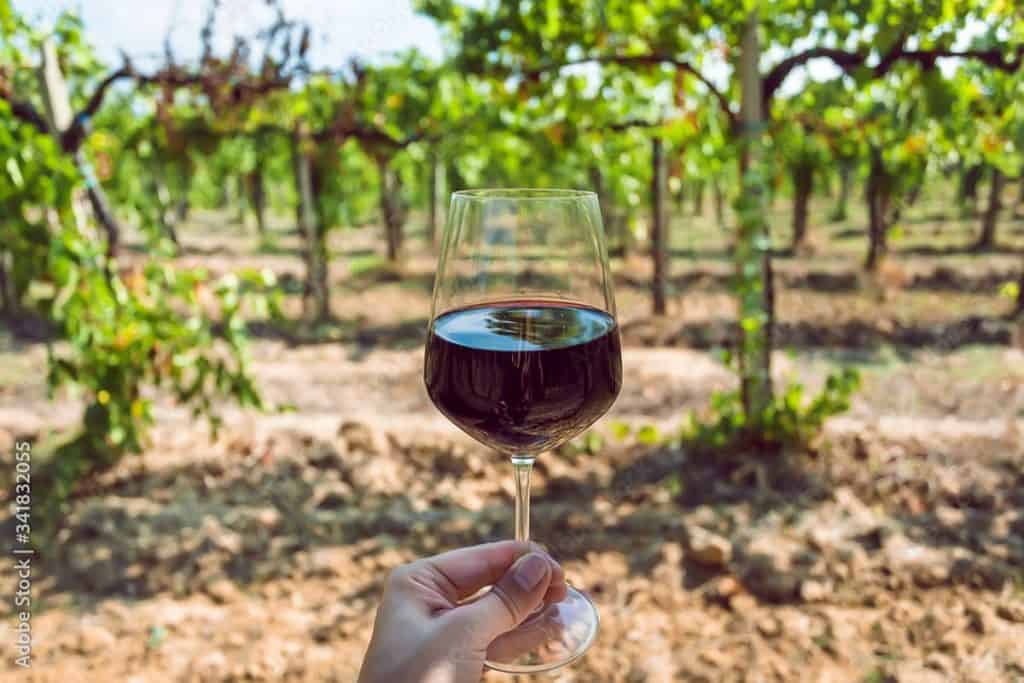
Powerless in the face of the invitation to relocate production
There are also doubts about Trump’s invitation to relocate production to the United States in exchange for a review of the tariffs. “We are powerless,” he says, “because it is obvious that the agri-food sector, which produces in accordance with PDO and PGI specifications, cannot shift production elsewhere. Trump is asking us to relocate the land itself—that which is the very origin of our products.”
The error lies in the United States’ reading of the specifications as a protectionist tool: “This is not the case. The specifications are the guarantee of a product of excellence that starts in the soil and ends up on the table—and I’m not only referring to wine, but also, for example, to Parmigiano Reggiano, Pachino tomatoes or Parma ham.”
A “No” to diplomatic stand-offs
Finally, regarding diplomatic strategies, Nicodemi is very clear: “At this moment, a stand-off is counterproductive. I trust that Minister Lollobrigida and President Meloni, together with the European government, will help the US understand that if, in the trade balance, we consider not only goods but also services, then the weight is not as unbalanced—as the US would have us believe—towards Europe.”

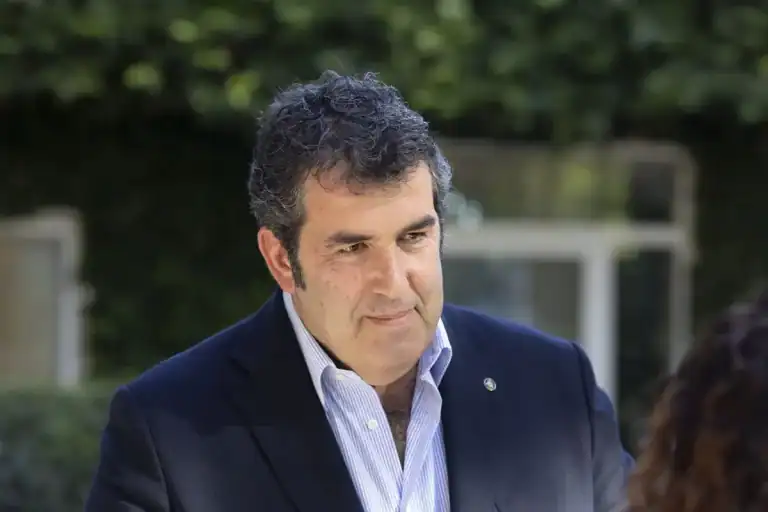
 'You cannot imagine how magnetic Etna is!'
'You cannot imagine how magnetic Etna is!' 'To be the global platform, we must take everyone and everything into account'
'To be the global platform, we must take everyone and everything into account'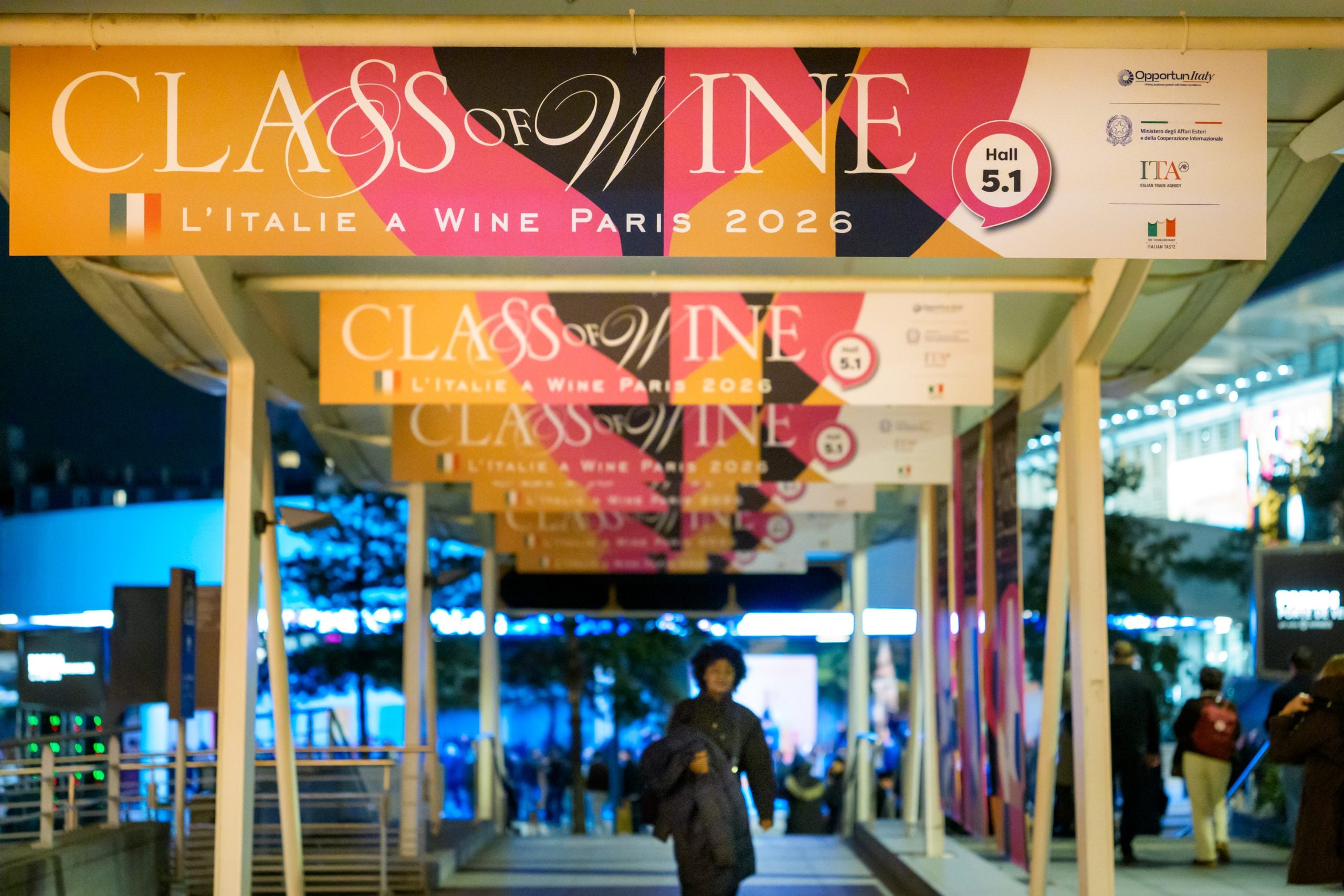 What did Italian producers think of Wine Paris 2026?
What did Italian producers think of Wine Paris 2026?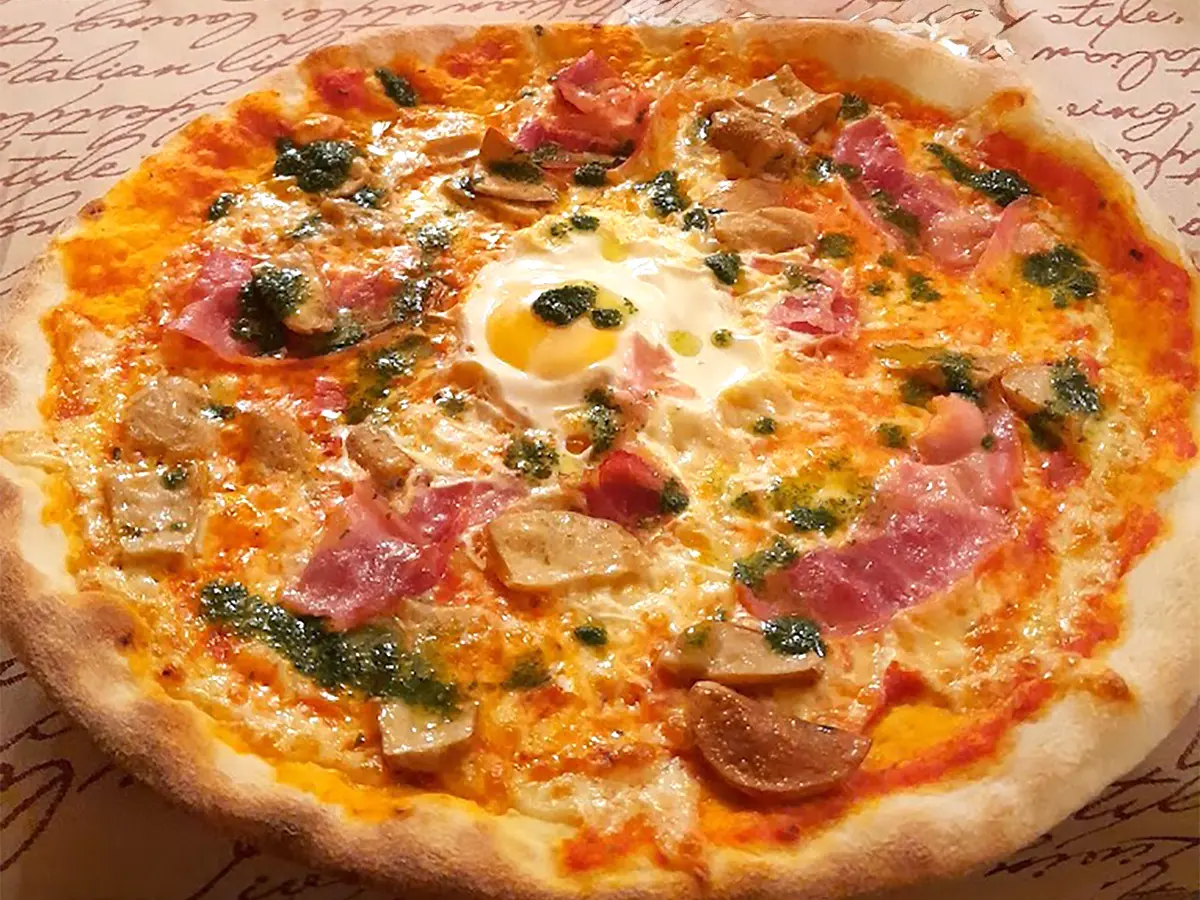 The pizza that’s taking the Winter Olympics by storm
The pizza that’s taking the Winter Olympics by storm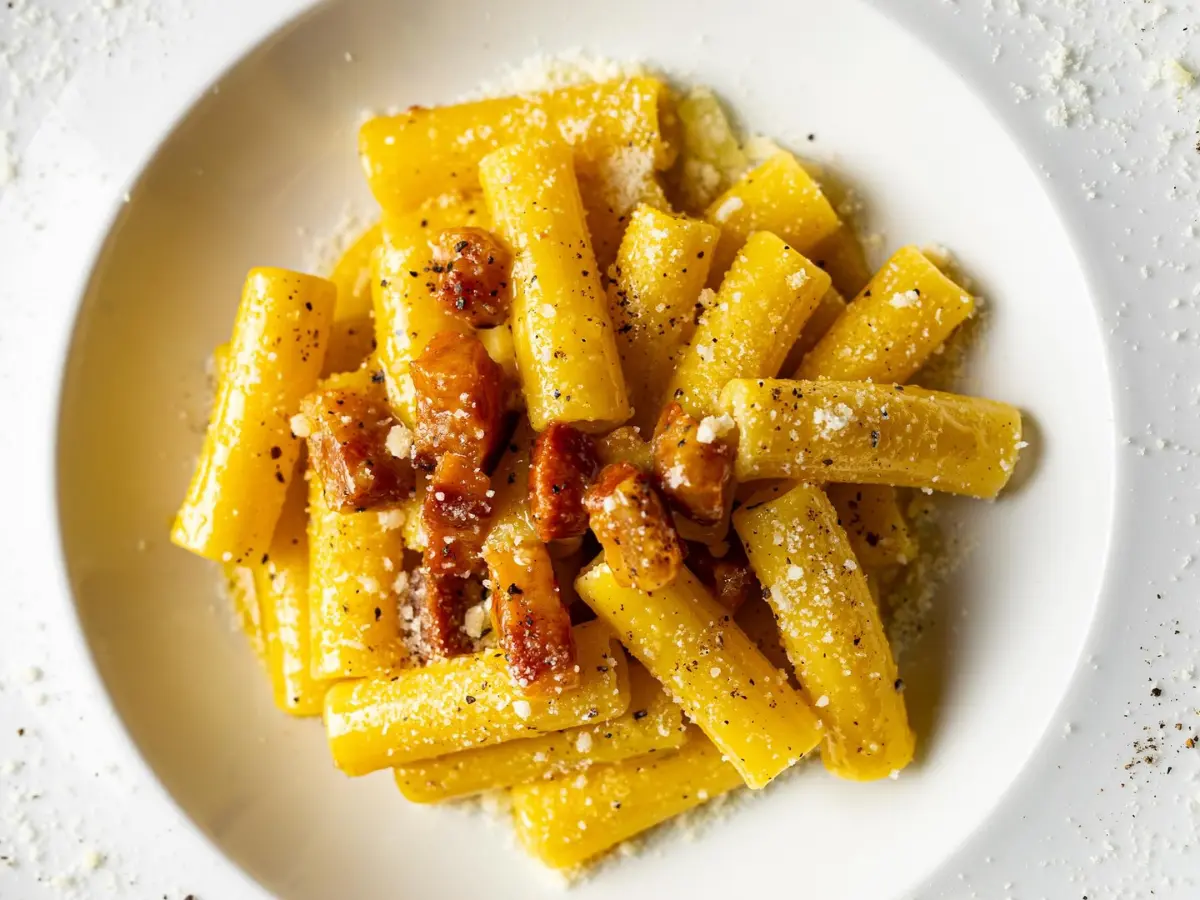 Where to eat in Central Rome (while avoiding the tourist traps)
Where to eat in Central Rome (while avoiding the tourist traps)




